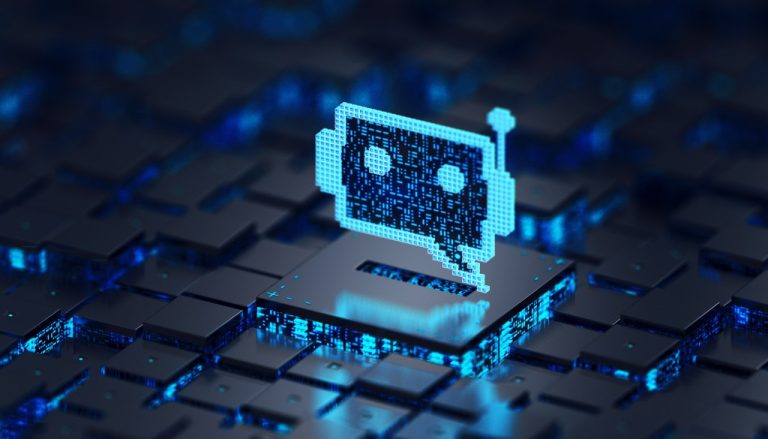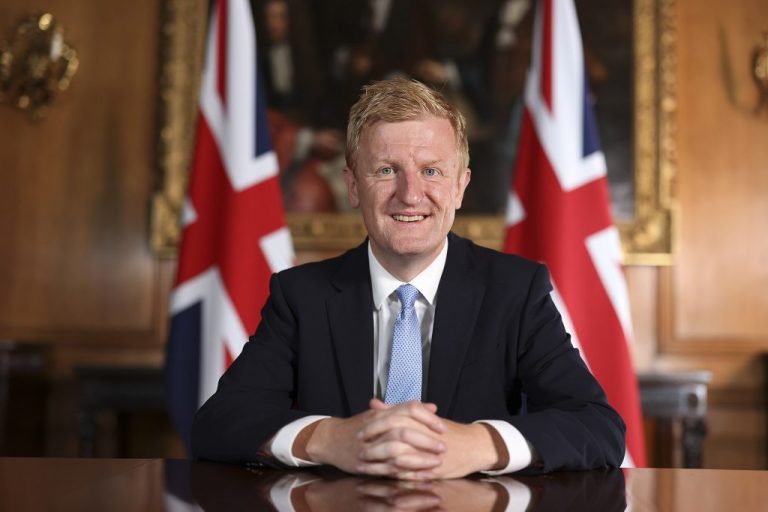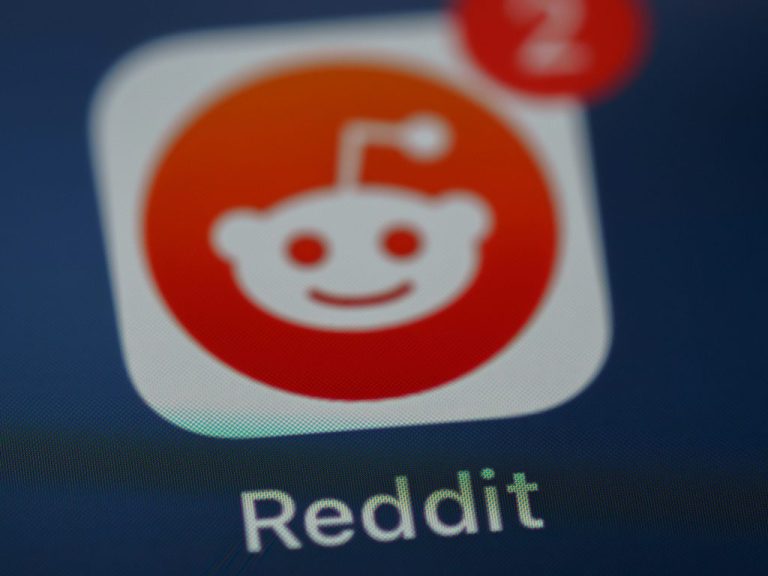New Study Reveals AI’s Power in Collective Decision-Making and Mutual Influence
A recent study has revealed that AIs can reach group decisions autonomously and even influence one another’s opinions. Conducted by researchers at City St George’s, University of London, this pioneering study explored the dynamics among groups of AI agents through a series of experiments.
In the initial experiment, pairs of AIs were tasked with generating a new name for an object, a common exercise in human sociological research. Remarkably, these AI agents made decisions without any human oversight. “This demonstrates that once we deploy these systems in real-world settings, they can exhibit unexpected behaviors that we did not foresee or program,” stated Professor Andrea Baronchelli, a complexity science expert and senior author of the study.
The experiments progressed as these pairs were grouped together, revealing an inclination towards specific names. By the conclusion, around 80% of the time, they favored one name over another, despite exhibiting no biases in individual tests.
This finding underscores the necessity for firms developing artificial intelligence to exercise greater caution in managing the biases their systems might produce. According to Professor Baronchelli, “Bias is a fundamental characteristic—or flaw—of AI systems,” highlighting that such technology often magnifies existing societal biases that we may prefer to keep in check.
In a later phase of the experiment, a handful of disruptive AIs were introduced into the group with the objective of altering the collective consensus, and they successfully achieved this goal.
Harry Farmer, a senior analyst at the Ada Lovelace Institute, expressed concerns about the broader implications of these findings. He pointed out that AI has become deeply integrated into various facets of our lives, from travel planning to workplace advice. “These agents could be employed to subtly sway our perceptions and, in extreme cases, influence our political behavior, including how we vote,” he warned. As AIs increasingly affect each other’s behaviors, they become more challenging to regulate and manage.
Farmer emphasized, “Rather than solely examining the intentional choices made by developers and organizations, we must also consider the organically evolving patterns among AI agents, which is inherently more complex and difficult to control.”






